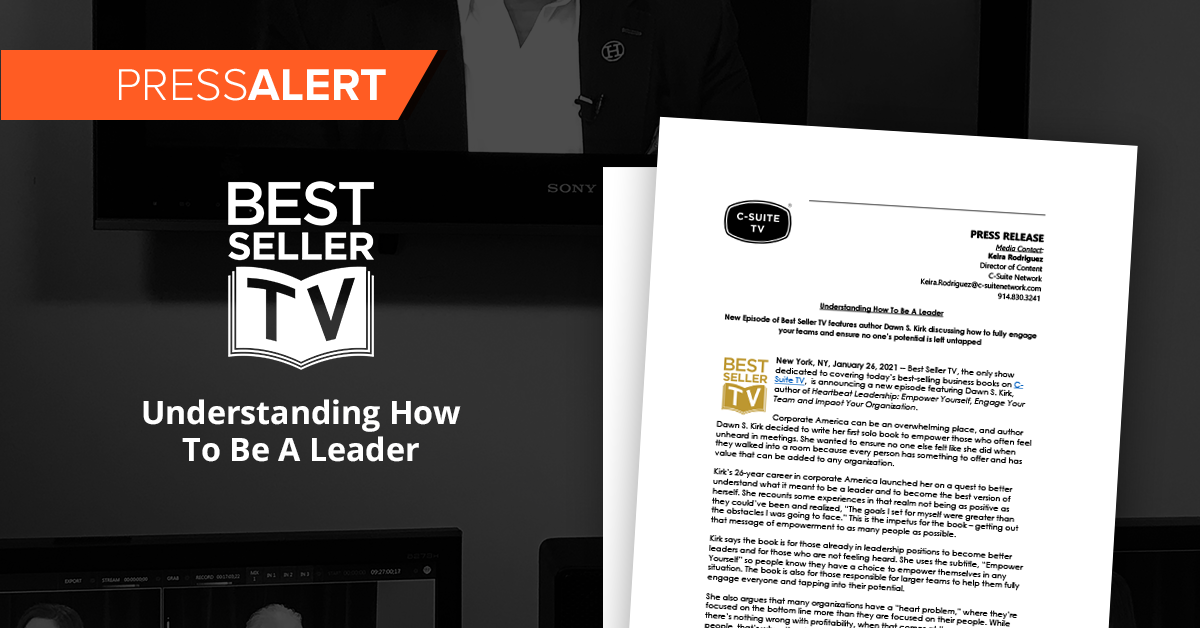
4 Questions Every Leader Needs to Answer | Part 2
4 Questions Every Leader Needs to Answer | Part 2 https://csuiteold.c-suitenetwork.com/wp-content/uploads/2015/01/2536358399_c16896768f_z.jpg 640 427 C-Suite Network https://csuiteold.c-suitenetwork.com/wp-content/uploads/2015/01/2536358399_c16896768f_z.jpgby Mark Sanborn
Leadership, like life, can be spent skimming along the surface. It can be difficult if not painful to dig deeper into the motivations and philosophies that make leadership meaningful. But that is the work that is required for the rich rather than the cheap experience.
If you want to go deeper and further in your leadership experience, there are four questions you need to answer. Review questions one and two in ‘4 Questions Every Leader Needs to Answer | Part 1.’
Who will I follow?
Leaders are rarely developed in isolation. We all emulate to learn. If we emulate effective leaders, we become effective leaders. Emulate the wrong kind of leaders, and we imprint negative behaviors.
You can learn from a bad leader (what not to do), but emulation is about acting like or performing as the leader you follow.
Choosing who you follow determines both how effectively you use your time and talent to contribute and the lessons that you learn. (And it is very difficult to learn the real lessons of leadership outside of a living example.)
An expert in spotting counterfeit money was once asked by a journalist how difficult it was to study all the different types of counterfeit currency in the world. He responded, “I don’t study the counterfeit. I study the authentic, and that makes any counterfeits easy to spot.” While there are some lessons to be learned from bad leadership, we have more to gain by studying the authentic.
How will I continue to improve?
Sad is the day when any of us think we are as good as we will ever be. Ultimately, no one can force you to keep improving, but it is one of the great opportunities and challenges of life and leadership. The better you become, the harder it is to get better. Improvements in your thinking and skills go from being big jumps in your early years to tiny increments the longer you lead.
Before identifying how you’ll get better, it is important to deal with your motivations. The intrinsic reasons include a commitment to being the best you can be, the excitement of new challenges and a desire to make a bigger positive impact.
Extrinsic motivations include things like competition within your organization for advancement and competition from other firms who desire your customers and marketshare.
I could build a very solid case for the importance of your ongoing improvement, but it is more effective to let you build your own. You will improve in proportion to your reasons and motivations. If you don’t truly desire to improve, you won’t. Important growth doesn’t happen by accident.
Growth in your leadership abilities requires at least three things:
- Study
- Example and/or mentors
- Experience.
You can’t think your way to leadership skills without leading something any more than you can think your way to riding a bike without ever getting on the bike.
The best leaders continue to get better.
You’ll never be the best you’ll ever be. You can only be the best you are right now. Award-winning actor Matthew McConaughey offered a unique perspective at the 2014 Oscars. Here’s what he said in his acceptance speech for best actor:
“… when I was 15 years old, I had a very important person in my life come to me and say “who’s your hero?” And I said, “I don’t know, I gotta think about that. Give me a couple of weeks.” I come back two weeks later, this person comes up and says “who’s your hero?” I said, “I thought about it. You know who it is? It’s me in 10 years.” So I turned 25. Ten years later, that same person comes to me and says, “So, are you a hero?” And I was like, “not even close. No, no, no.” She said, “Why?” I said, “Because my hero’s me at 35.” So you see every day, every week, every month and every year of my life, my hero’s always 10 years away. I’m never gonna be my hero. I’m not gonna attain that. I know I’m not, and that’s just fine with me because that keeps me with somebody to keep on chasing.”
Leadership impact, effectiveness and success are a moving target that only committed and thoughtful leaders can consistently hit. Investing the effort to truthfully answer the four questions above will give you the information and inspiration you need to be counted among the best and continue to get better.
*This blog originally appeared on MarkSanborn.com.
 Mark Sanborn, CSP, CPAE, is president of Sanborn & Associates, Inc., an idea studio dedicated to developing leaders in business and in life. Sanborn is an international bestselling author and noted authority on leadership, team building, customer service and change. Follow Mark on Twitter @Mark_Sanborn.
Mark Sanborn, CSP, CPAE, is president of Sanborn & Associates, Inc., an idea studio dedicated to developing leaders in business and in life. Sanborn is an international bestselling author and noted authority on leadership, team building, customer service and change. Follow Mark on Twitter @Mark_Sanborn.




